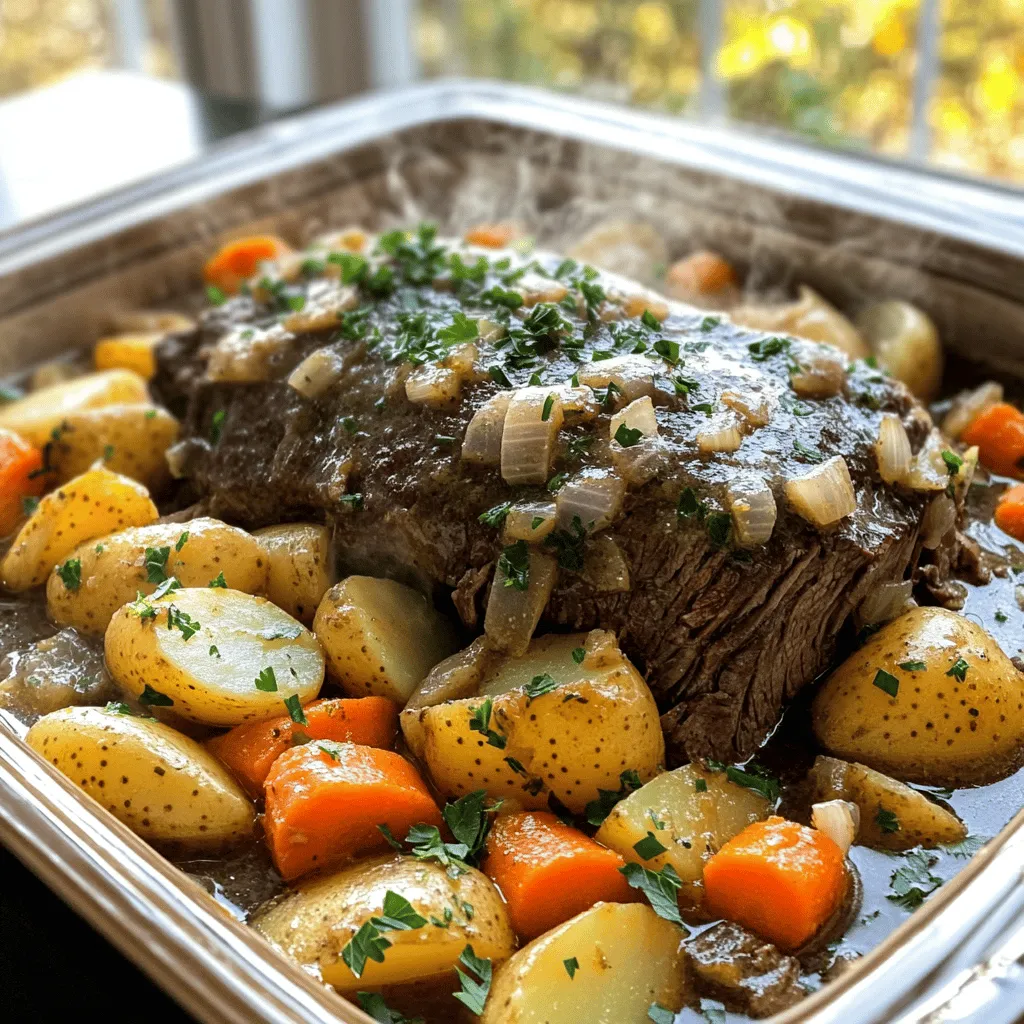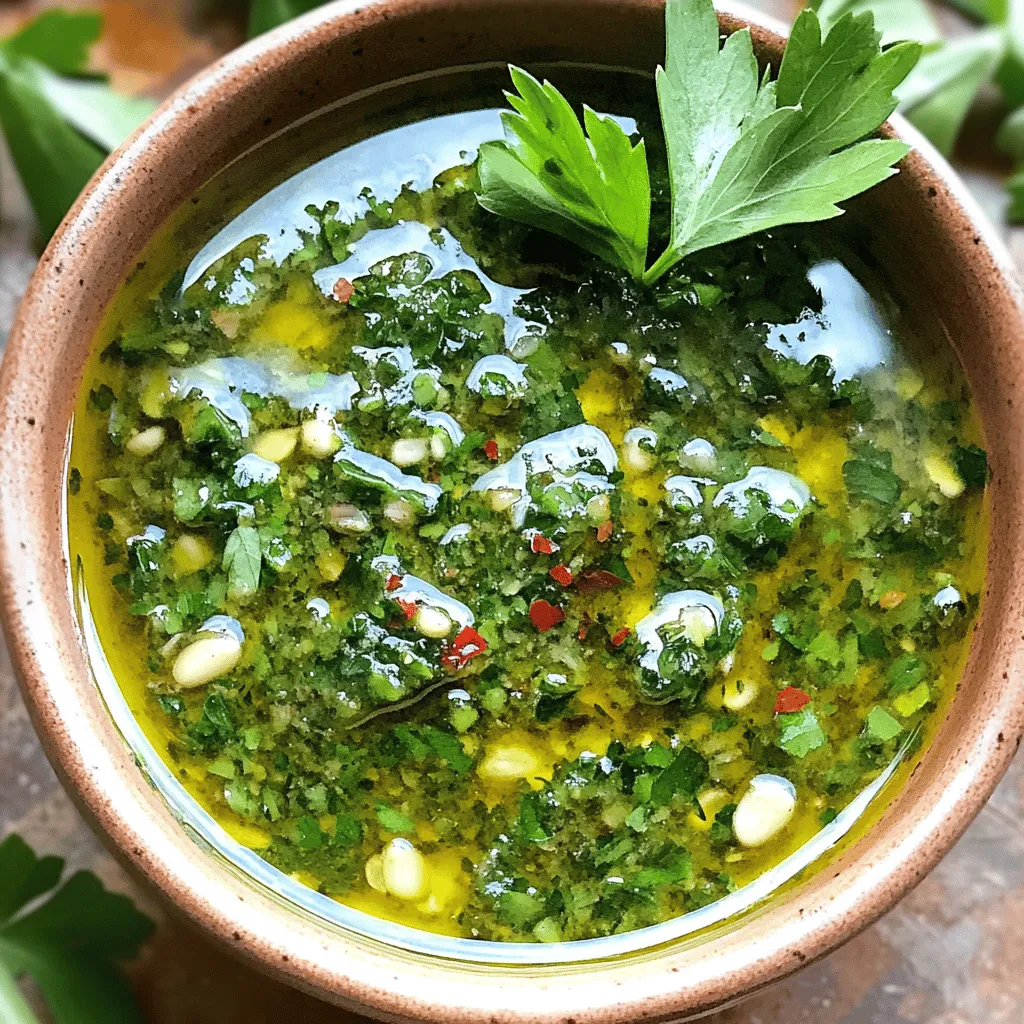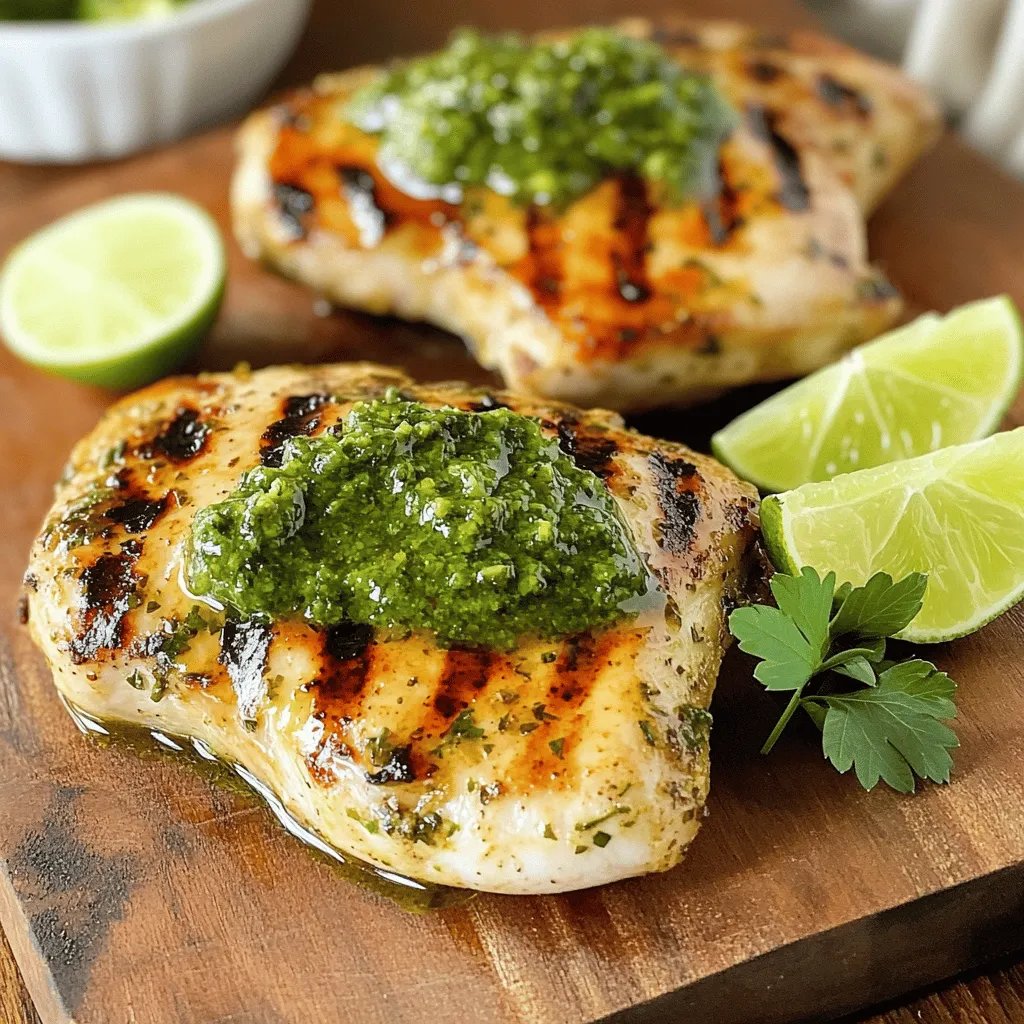Introduction
In our fast-paced lives, finding time to prepare a nutritious and delicious meal can often feel like an uphill battle. That’s where the Taco-Spiced One Pot Spaghetti comes to the rescue—a perfect solution for busy weeknights that combines convenience with flavor. This dish is not just another spaghetti recipe; it uniquely blends the bold tastes of taco seasoning with the comforting familiarity of spaghetti, creating a delightful fusion of Italian and Mexican cuisines. Imagine the hearty, savory notes of tacos merged with the satisfying texture of pasta, all cooked in a single pot for minimal cleanup. It’s a win-win for anyone looking to serve up a quick, appetizing dinner without the fuss.
Understanding the Flavor Profile
At the heart of this recipe lies the beloved taco seasoning, a blend of spices that traditionally includes chili powder, cumin, paprika, garlic powder, and oregano. These ingredients come together to create a robust flavor that invigorates any dish. When used in this spaghetti recipe, the taco seasoning elevates the entire meal, ensuring that each bite is bursting with flavor.
The beauty of this dish is in the harmony of its ingredients. The spices not only add depth but also create a unique profile that transforms a classic spaghetti dish into something exciting and new. The fusion of Italian and Mexican cuisines is a celebration of flavors, bridging culinary traditions that might seem worlds apart but come together seamlessly in this one-pot wonder.
Ingredients Breakdown
To achieve the perfect Taco-Spiced One Pot Spaghetti, each component plays a crucial role in building flavor and texture. Here’s a detailed breakdown of the ingredients you’ll need:
Spaghetti
As the base of the dish, spaghetti serves as the primary carbohydrate, providing a satisfying foundation for the meal. Its ability to absorb flavors makes it an ideal partner for the taco spices and other ingredients.
Ground Beef or Turkey
For that hearty element, ground beef or turkey is essential. This protein not only adds richness but also enhances the dish’s overall texture. You can easily substitute with leaner meats or even plant-based alternatives if you prefer a lighter option.
Aromatics (Onion, Garlic, Bell Pepper)
Aromatics are the unsung heroes of flavor development in cooking. Sautéing onions, garlic, and bell peppers at the beginning of the recipe creates a fragrant base that infuses the entire dish with depth. These ingredients contribute sweetness, savory notes, and a hint of freshness that balances the spices.
Taco Seasoning
The star of the show is undoubtedly the taco seasoning. This blend brings the signature taco flavor that makes this dish so special. You can use store-bought seasoning or create your own mix to tailor the spice levels to your liking.
Diced Tomatoes
Diced tomatoes introduce acidity and moisture to the dish, preventing it from becoming too dry. They also add a touch of sweetness, rounding out the flavors and complementing the spices beautifully.
Broth
Using broth—whether chicken, beef, or vegetable—is crucial for cooking the spaghetti and infusing it with flavor. The liquid not only helps to soften the pasta but also contributes to the overall taste of the dish.
Black Beans and Corn
To enhance both the texture and nutrition of your meal, black beans and corn are excellent additions. They add a delightful chewiness and a burst of sweetness, making the dish more filling and satisfying.
Cheese
A sprinkle of cheese at the end brings creaminess and richness, elevating the overall experience. You can use shredded cheddar, Monterey Jack, or any cheese of your choice to add that comforting element.
Fresh Cilantro and Sour Cream
Finally, garnishing with fresh cilantro and a dollop of sour cream elevates the dish to another level. The cilantro adds a refreshing note, while the sour cream introduces creaminess, balancing the spices and rounding out the meal.
Preparation Steps Explained
Now that we have our ingredients laid out, let’s dive into the preparation steps that will guide you through creating this delicious Taco-Spiced One Pot Spaghetti.
Sautéing the Aromatics
To kick off the cooking process, it’s important to sauté the aromatics—onions, garlic, and bell peppers. Start by heating a tablespoon of olive oil in a large pot or Dutch oven over medium heat. Once the oil is shimmering, add the diced onions and bell peppers. Sauté them for about 3-5 minutes, or until the onions become translucent and the peppers soften slightly.
Next, add minced garlic and cook for an additional minute, stirring frequently. Garlic can burn quickly, so keep an eye on it! Properly sautéing these aromatics is crucial, as it develops the base flavor of the dish, creating a savory foundation for the rest of your ingredients.
Browning the Meat
After your aromatics are perfectly sautéed, it’s time to add the ground beef or turkey. Increase the heat to medium-high and crumble the meat into the pot. Cook the meat for about 5-7 minutes, stirring occasionally, until it’s browned and cooked through. Make sure to break up any large clumps to ensure even cooking.
Season the meat with a pinch of salt and pepper while it cooks to enhance its flavor. This step is vital, as seasoning the meat at this stage allows the flavors to develop and infuse into the dish.
Incorporating Taco Seasoning
Once the meat is browned, it’s time to add the taco seasoning. Stir the seasoning into the meat and allow it to cook for another minute or two, letting the spices bloom and release their aromatic oils. This step is crucial for maximizing the flavor in your dish.
If you prefer a milder or spicier flavor, feel free to adjust the amount of seasoning based on your taste preferences. You can also add a splash of water or broth at this stage to help the spices combine more thoroughly.
Combining Ingredients for Cooking
With the meat and spices ready, it’s time to bring everything together. Add the diced tomatoes, broth, and uncooked spaghetti to the pot. Stir well to ensure that the pasta is submerged in the liquid.
Bring the mixture to a gentle boil, then reduce the heat to a simmer. Cover the pot and cook for approximately 10-12 minutes, or until the spaghetti is tender and has absorbed most of the liquid. Stir occasionally to prevent the pasta from sticking to the bottom of the pot.
By following these initial steps, you will be on your way to creating a delicious Taco-Spiced One Pot Spaghetti that is sure to impress both family and friends. Stay tuned for the next part, where we’ll dive into the finishing touches and tips for serving this delightful dish!

Best Practices for Layering Ingredients in a One-Pot Dish
When preparing Taco-Spiced One Pot Spaghetti, the order in which you layer your ingredients is crucial for achieving the best flavor and texture. Start by adding your aromatics, such as onions and garlic, to the pot first. This step allows them to soften and release their essential oils, creating a flavorful base for your dish. Next, layer the spices, like taco seasoning, to toast them slightly and unlock their full potential before introducing the bulk of your ingredients, such as the spaghetti and liquids.
To ensure even cooking, consider the density of your ingredients. For instance, denser vegetables like bell peppers should be added before more delicate ingredients like canned tomatoes or spinach. This approach helps maintain the integrity and bite of each component, ensuring a harmonious blend of flavors and textures in every bite.
Importance of Ensuring Spaghetti is Submerged for Even Cooking
One of the key components of a successful one-pot pasta dish is ensuring that the spaghetti is fully submerged in the cooking liquid. This is essential for even cooking and to prevent any strands from becoming overcooked or clumping together. When you layer your ingredients, take care to distribute the spaghetti evenly across the pot and pour enough broth or water to cover it completely. If necessary, stir the mixture gently to ensure all the pasta is submerged. This technique allows the spaghetti to absorb the flavors from the liquid and spices, enhancing the overall taste of the dish.
Cooking the Spaghetti
Insights into Timing and Temperature Control
Cooking spaghetti in a one-pot dish requires careful attention to timing and temperature control. Once you’ve added all your ingredients and the liquid is boiling, reduce the heat to a gentle simmer. This lower temperature allows the pasta to cook evenly without the risk of sticking or becoming mushy. Typically, spaghetti takes about 8 to 10 minutes to cook, but it’s essential to refer to the pasta package instructions for precise timing.
Throughout the cooking process, stir the mixture occasionally. This action not only prevents the spaghetti from sticking together but also helps integrate the flavors. If you notice the liquid level dropping too quickly, add a splash of broth or water as needed to maintain adequate moisture.
How to Check for Doneness and Prevent Overcooking
To check if your spaghetti is done, taste a strand. It should be al dente—firm to the bite but cooked through. If you prefer your pasta softer, let it cook for an additional minute or two, but be sure to keep a close eye to prevent overcooking. Remember, the spaghetti will continue to cook slightly after you remove it from the heat, so it’s best to err on the side of caution. Once done, you can turn off the heat and let the pot sit covered for a couple of minutes to allow the residual heat to finish the cooking process without further direct heat.
Melting the Cheese
Techniques for Achieving the Perfect Cheese Melt
Melting the cheese to perfection is a vital step in elevating your Taco-Spiced One Pot Spaghetti. To achieve a creamy, gooey texture, it’s best to add cheese at the end of the cooking process. After you’ve removed the spaghetti from the heat, sprinkle your cheese of choice generously over the top, then cover the pot with a lid. The steam trapped inside will help melt the cheese beautifully without burning it. Let it sit for about 3 to 5 minutes, allowing the cheese to become decadent and melty.
Suggested Cheese Varieties and Their Flavor Profiles
Choosing the right cheese can enhance the dish’s flavor profile significantly. Here are some excellent options:
– Cheddar: A classic choice that adds a sharp, tangy flavor. It melts well and complements the taco spices beautifully.
– Monterey Jack: This cheese has a mild flavor and melts smoothly, making it ideal for a creamy texture.
– Pepper Jack: For those who enjoy a bit of heat, this cheese brings a spicy kick and adds an exciting twist to the dish.
– Mexican Blend: A pre-mixed option often found in grocery stores, this blend typically includes cheddar, Monterey Jack, and sometimes queso quesadilla, providing a well-rounded flavor.
Serving Suggestions
Creative Ideas for Serving the Dish
Once your Taco-Spiced One Pot Spaghetti is ready, presentation can take it to the next level. Serve it in deep bowls for a comforting family meal or on a large platter for casual gatherings.
Pairing with Sides: Complement your spaghetti with a fresh side salad featuring mixed greens, cucumbers, and a light vinaigrette. Garlic bread is another fantastic side, providing a crunchy contrast to the soft pasta.
Suggestions for Additional Toppings: Enhance your dish with toppings like sliced avocado for creaminess, fresh jalapeños for a spicy kick, or a sprinkle of fresh cilantro for a refreshing finish. A dollop of sour cream or Greek yogurt can also add a nice tang.
Presentation Tips
For an attractive presentation, consider using a large serving bowl. Layer the spaghetti in the bowl, allowing the melted cheese to spill over the edges. Garnish with fresh herbs, such as cilantro or parsley, and a sprinkle of crushed tortilla chips for added crunch and color. A wedge of lime on the side can also enhance the visual appeal and provide a zesty option for those who enjoy a citrusy flavor with their meal.
Nutritional Benefits
Overview of the Nutritional Value of the Main Ingredients
The ingredients in Taco-Spiced One Pot Spaghetti not only create a delicious meal but also offer several nutritional benefits. Spaghetti is a good source of carbohydrates, providing the energy needed for an active lifestyle. The addition of vegetables like bell peppers and onions increases the fiber content, promoting digestive health.
Discussion on Balancing the Meal with Proteins, Fibers, and Carbohydrates
To create a balanced meal, consider the protein source in your dish. If you are using ground beef or turkey, you’re adding protein that helps repair body tissues. For a vegetarian version, consider incorporating beans or lentils to boost protein while keeping the dish hearty. The fiber from vegetables and whole-grain pasta will help you feel satisfied longer, making this dish not only filling but also nutritious.
Insights into Making This Dish Healthier with Alternative Ingredients
If you’re looking to make your Taco-Spiced One Pot Spaghetti even healthier, consider these alternatives:
– Whole Grain Spaghetti: This option provides additional fiber and nutrients compared to regular pasta.
– Lean Meats: Opt for lean ground turkey or chicken instead of beef to reduce fat content.
– Extra Veggies: Increase the amount of vegetables in the dish, such as adding spinach, zucchini, or mushrooms, to boost vitamins and minerals without significantly increasing calories.
Customization Options
Suggestions for Ingredient Substitutions
One of the great aspects of Taco-Spiced One Pot Spaghetti is its versatility. Here are some substitutions to cater to dietary preferences:
– Vegetarian Options: If you want to keep the dish meat-free, substitute ground meat with lentils, mushrooms, or textured vegetable protein (TVP). These options provide a hearty texture and absorb the taco spices well.
– Gluten-Free Alternatives: For gluten-sensitive eaters, use gluten-free spaghetti made from rice, quinoa, or lentils. Just be mindful of the cooking time, as gluten-free pasta can vary significantly.
Spice Level Adjustments
Adjusting the spice level of your dish can be easily done by varying the amount of taco seasoning you use. For a milder flavor, reduce the seasoning and add a touch of fresh lime juice for acidity. Conversely, if you prefer a spicier kick, consider adding fresh chilies or a dash of hot sauce. Experimenting with the spice level allows you to tailor the dish to your family’s preferences.
Storing and Reheating
Best Methods for Storing Leftovers
If you have any leftovers (which is rarely the case with such a delicious dish), store them properly to maintain freshness. Allow the spaghetti to cool to room temperature before transferring it to an airtight container. It can be stored in the refrigerator for up to 3 to 4 days. If you wish to keep it longer, consider freezing the dish in a freezer-safe container, where it can last for up to 2 months.
Tips for Reheating to Maintain Flavor and Texture
Reheating leftover Taco-Spiced One Pot Spaghetti can be done in several ways. For the best results, reheat it on the stovetop over low heat, adding a splash of broth or water to prevent it from drying out. Stir occasionally until heated through. Alternatively, you can use the microwave, but be sure to cover the dish to retain moisture and heat it in short intervals, stirring in between to ensure even heating.
Conclusion
Taco-Spiced One Pot Spaghetti is a delightful, versatile dish that combines the comforting familiarity of pasta with the bold flavors of tacos. Its ease of preparation makes it an excellent choice for busy weeknights or casual family dinners. With the ability to customize ingredients, adjust spice levels, and pair with various sides, this dish can cater to a range of tastes and dietary preferences.
As you embark on your culinary adventure with this recipe, remember that cooking is about experimentation and joy. Don’t hesitate to add your personal touch, swap ingredients, or try new toppings. The kitchen is a wonderful space for creativity, and with each meal, you can explore new flavor combinations. Enjoy the process and the delicious results of your Taco-Spiced One Pot Spaghetti, and share it with loved ones for a memorable dining experience.




